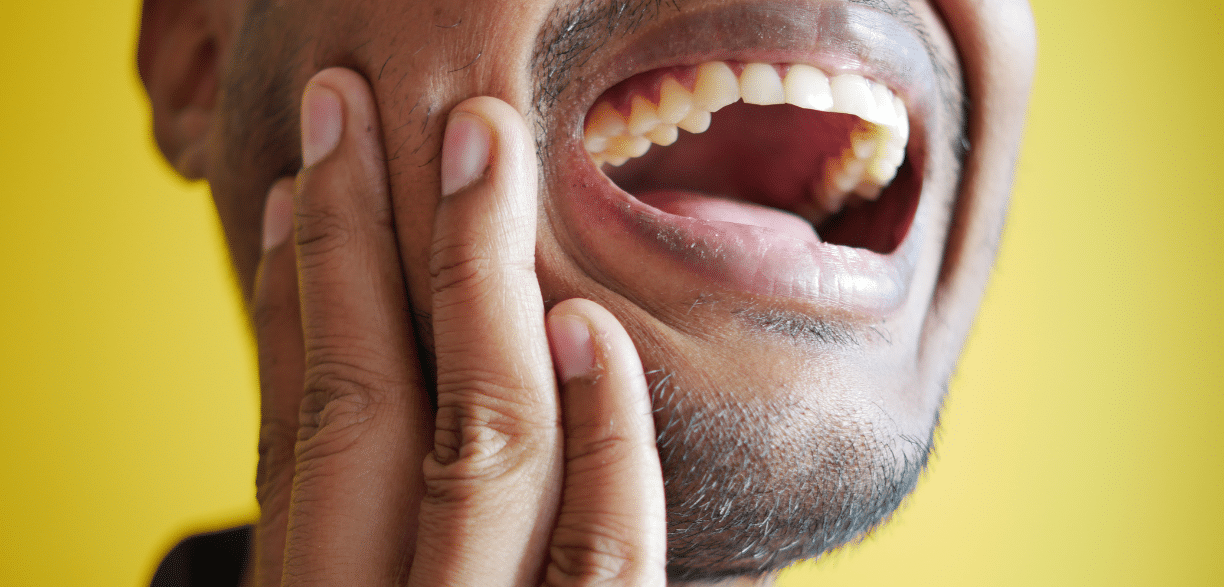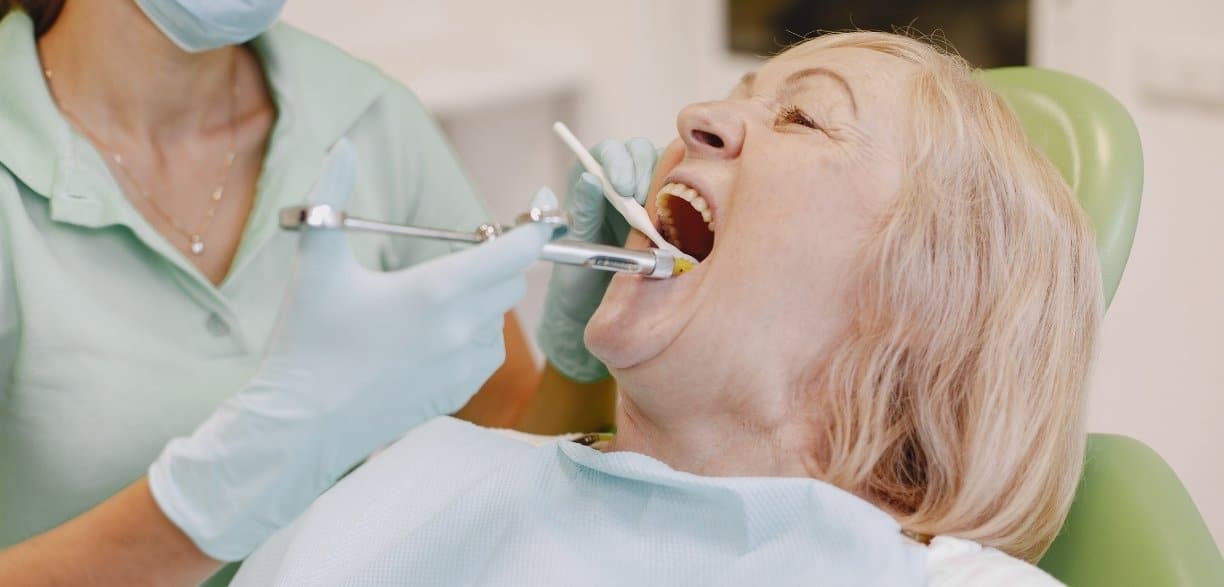
Dental emergencies can happen at any time, and they often strike when you least expect them. Whether it’s an excruciating toothache or a cracked tooth, you need to know when to seek emergency dental care. Delaying treatment could lead to more serious problems down the road, so you must act fast. In this comprehensive guide, we’ll show you everything you need to know about emergency dental care – from what signs to look out for to what happens during your visit to the ER. So grab a cup of coffee and read on!
When to Seek Emergency Dental Care
When it comes to dental emergencies, time is of the essence. Knowing some common dental experiences that require emergency dental care can mean the difference between saving and losing a tooth. One common sign that you need immediate attention is severe pain. If your pain is persistent and doesn’t subside with over-the-counter pain relief medication, then it’s time to seek help.
Another sign that you should go to the ER for emergency dental care is if you experience bleeding from your mouth or gums. This could be an indication of trauma or injury that requires urgent treatment.
If you have a broken or knocked-out tooth, don’t delay seeking emergency care as every minute counts in saving your tooth. Dental injuries require prompt attention because they can lead to further complications like infections and nerve damage.
In general, if you’re experiencing any symptoms that cause concern, such as swelling around the face or jaw area accompanied by fever-like symptoms – then don’t hesitate! Seek immediate medical help from a dentist or an ER facility near you.
What to Expect at the Emergency Room
If you find yourself in need of emergency dental care, it’s important to know what to expect when you arrive at the emergency room. While every hospital may have slightly different procedures, here are some general things that you can anticipate.
First and foremost, expect there to be a wait. Emergency rooms are designed to prioritize patients based on their level of need, so if your condition is not considered life-threatening, be prepared for a potentially long wait time.
Once you’re seen by a medical professional, they will likely ask you about your symptoms and perform an examination. They may also take X-rays or other diagnostic tests as needed.
Depending on the severity of your condition, treatment options could range from medication prescriptions to more involved procedures like root canals or extractions. In some cases where the damage is severe enough or cannot be repaired immediately, patients may be referred to a specialist for further treatment.
While visiting the emergency room for dental care isn’t ideal, knowing what to expect can help ease any anxiety or uncertainty that comes with seeking urgent medical attention.
Signs That You Need Emergency Dental Care
Tooth pain can be excruciating, and it’s often a sign that something is wrong in your mouth. However, not all toothaches require emergency dental care. So how do you know when to seek immediate attention? Here are some signs that indicate you might need emergency dental care:
Firstly, if you have a severe toothache that doesn’t go away with over-the-counter pain medication or home remedies like ice packs or warm compresses, then it’s time to see an emergency dentist. This could be indicative of an infection or other serious issue.
Another symptom to look out for is bleeding gums. If your gums are bleeding profusely and won’t stop even after applying pressure for several minutes, then this could indicate gum disease or trauma to the mouth.
If you’ve recently had dental work done and experience swelling around the affected area accompanied by severe pain, then this may also warrant urgent attention from a dentist.
Additionally, any injury sustained to the teeth during sports activities should be immediately addressed because sometimes the damage isn’t visible on the surface but still requires treatment.
If you’re experiencing any unusual symptoms such as difficulty swallowing or breathing due to oral problems- don’t hesitate! These symptoms can progress quickly and become life-threatening within hours without proper medical intervention.
Any severe toothache that lasts longer than usual; uncontrolled bleeding gums; swelling after recent dental work; injuries sustained while playing sports; and unusual symptoms like difficulty breathing/swallowing- these are all indicators that prompt attention from an emergency dentist is necessary.
It is crucial to know when to seek emergency dental care. If you experience severe pain or any of the symptoms mentioned above, do not hesitate to call your dentist or go to the nearest emergency room. Prompt attention can prevent further damage and save your teeth.
Remember that prevention is always better than cure. Make sure to have regular check-ups with your dentist, maintain good oral hygiene habits at home, and wear protective gear during sports activities.
Keep in mind that dental emergencies can happen at any time. It’s best to be prepared by having an emergency kit ready with essential items like pain relievers, gauze pads, and contact information for your dentist or local emergency services.
By following these guidelines and seeking immediate medical attention when necessary, you’ll be able to protect yourself from unnecessary pain and discomfort while maintaining optimal dental health for years to come.



